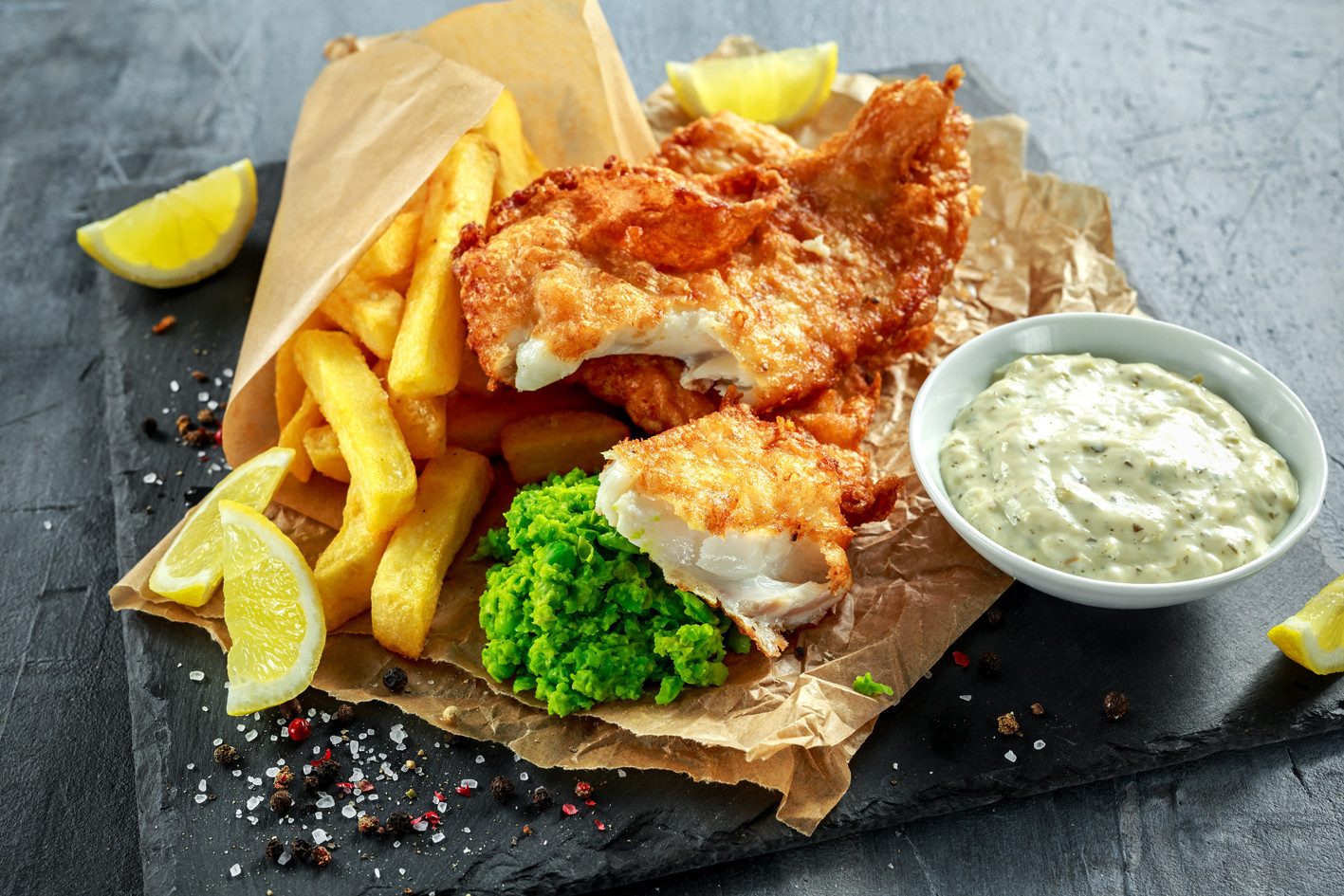General News
24 October, 2020
It's Un'bar'rable! - Aussies Must Stop Importing Bulk Seafood
Fish and chip shops, restaurants and cafes that sell seafood across Queensland could soon be required to prove the origins of their produce.

On World Barramundi Day, Katter’s Australian Party has announced it will pursue laws in the next Queensland Parliament that make it mandatory for the state’s dining venues to declare whether or not their seafood, including barra, prawns and calamari, has been imported.
While it is currently compulsory for all Australian supermarkets to identify the origins of the fish they sell, this does not extend to take-away shops, cafes or restaurants.
This is with the exception of the Northern Territory where state legislation was passed around a decade ago to make it mandatory for dining venues to declare whether any seafood they serve has been imported.
The KAP is hoping Queensland will follow the Territory’s lead.
In addition to its proposed mandatory labelling rule, the party will propose the introduction of an “Aussie caught” logo (see mock-up) that will be available to those hospitality operators who can prove their seafood has been locally-sourced.
Much like the coveted “Australian-made” logo, which is an internationally recognised symbol, the KAP plans for the “Aussie-caught” tag will eventually become sought-after by consumers and in turn provide major boost to the state’s commercial fishing industries.
KAP Leader and Traeger MP Robbie Katter said the party wanted to pursue the changes in response to outrageous reports that despite being surrounded by ocean and home to a strong commercial fishing sector, around 70 percent of all seafood consumed in Australia is imported.
Mr Katter said it was concerning that most Australians had no idea where their seafood was coming from.
He said it was particularly confronting that most people assumed they are always buying Aussie-grown barramundi, despite 60 per cent of the national supply being imported from places like south-east Asia.
“We have some of the best-eating seafood in world right on our door-steps here in Queensland and if COVID-19 has taught us anything, it’s that people want to support their local industries more than ever,” he said.
“This is a simple way of bringing to the forefront exactly where our food is coming from, and letting people decide from there.
“To us, this one is a no-brainer.”


